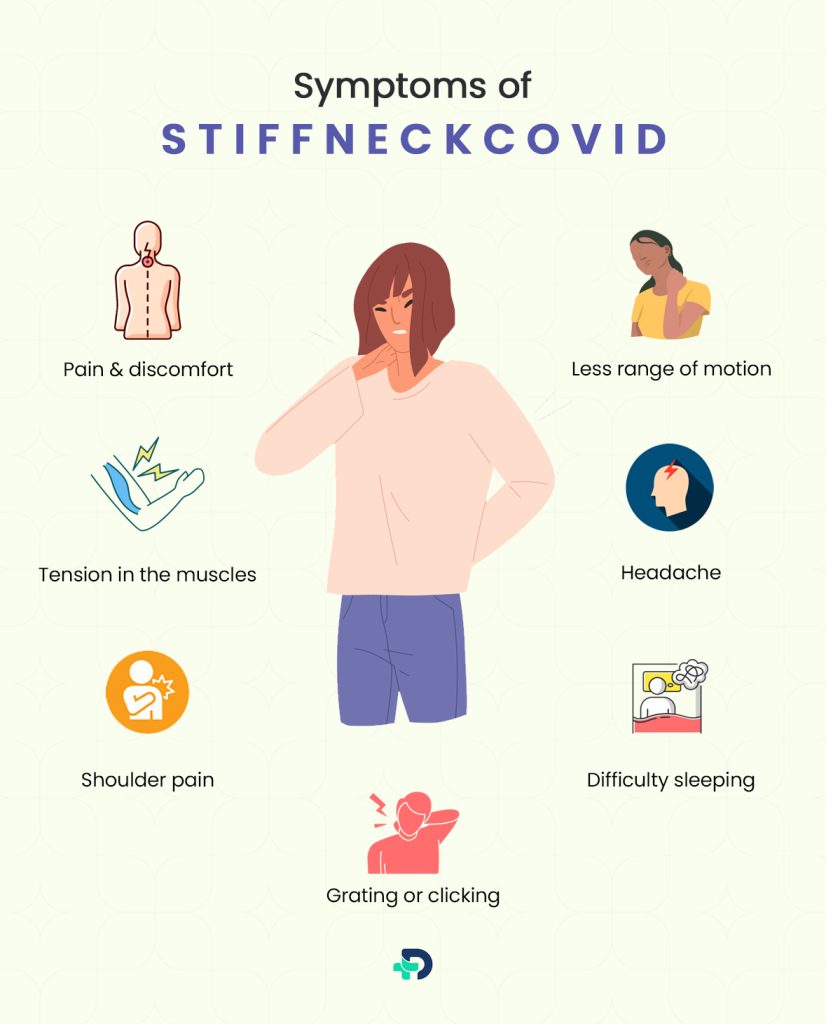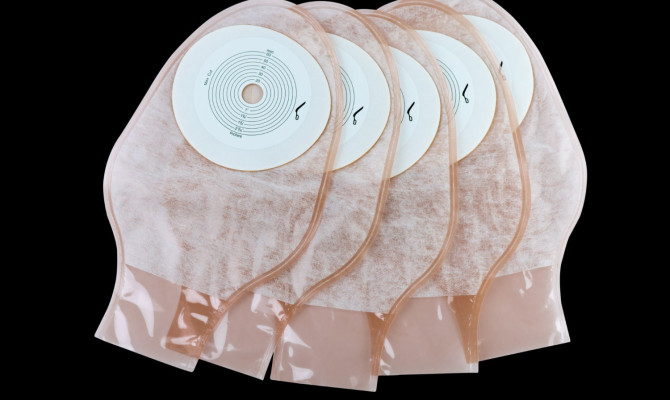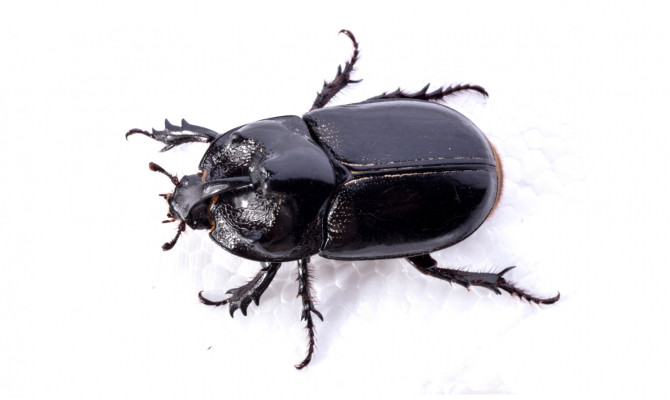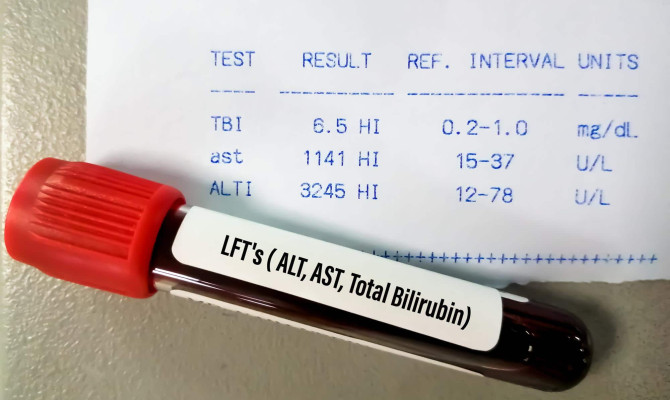Stiff Neck COVID: Symptoms, Causes & Management

- Neck Pain
- 18 Sep 2023
Overview
Stiff Neck
Even if you got a good night’s sleep, waking up with a stiff neck can ruin your whole day. Most of the time, a stiff neck is not a big deal unless the pain stays or gets worse. Still, even a stiff neck that doesn’t seem to be a big deal can affect your mood, how you sleep, how well you do at work, and how you live your daily life. A stiff neck can sometimes be a sign of something more important going on with your health. Most of the time, it’s harder to move your head to one side. Any part of the neck could be the cause of neck pain. Muscles, bones (vertebrae), nerves, and the discs between the vertebrae are all part of these systems. Neck pain can come from the shoulder, jaw, head, and upper arm, all of which are close to the neck.

Causes
Causes for Stiff Neck
Some of the most common things that can make your neck stiff 1 Causes | Researched based study from National Library of Medicine are:
- Exercise
- Bad posture
- Accidents
- Diseases
Less common causes:
- Stroke or heart attack
- Aortic Dissection
- Spinal disc problems
- Fibromyalgia
- Infections
- Cervical causes
Exercise or muscle pull:
- If you don’t take the right measures, you could get a stiff neck from exercise, heavy lifting, or other hard work, especially if you aren’t used to being active.
Bad posture:
- This is true all day long, whether you are sitting, standing, or asleep.
- If you sleep on an uncomfortable pillow or one that pulls your head and neck into an odd position, you may wake up with a stiff neck.
Accidents and injuries:
- A car crash can cause whiplash, which can lead to a sprained or stiff neck and other injuries. If you’ve been in any kind of accident, you should go to the hospital even if you don’t feel sick.
- Falls, bumps, and anything that hits you in the head or anywhere else on the body can also cause your neck to get stiff.
Diseases:
- Some diseases, like polymyalgia rheumatica, meningitis, spondylosis, arthritis, osteoporosis, and types of cancer, can cause pain in the neck as one of their many signs.
- Because diseases like arthritis can limit a person’s skills and activities, it is important to see a doctor to get an accurate diagnosis.
There are some fewer common causes why your neck might be stiff. Even though these aren’t very common, it’s important to know about them and see a doctor if you have symptoms that worry you.
Stroke or heart attack:
- Pain in the upper body, neck, and shoulders can sometimes be the first sign of a heart attack or stroke. If you have chest pain, neck pain and shortness of breath, and think you may be having a heart attack, call 911 right away.
Aortic Dissection:
- An aortic dissection is a tear in a big blood vessel that can cause rapid, severe, sharp, or ripping pain in the neck that goes to the face or chest.
- If you have these signs, you should see a doctor right away. This situation could be life-threatening.
Spinal disc problems:
- While a bulging cervical disc, cervical radiculopathy, or degenerative disc disease are not very common, stiffness in the neck and other joints can be a sign of them.
Fibromyalgia:
- It is a joint disease that causes pain and discomfort in many parts of the body.
- Other signs are tiredness, trouble sleeping, headaches, migraines, a general feeling of being sick, and sadness.
Infections:
Even though it’s rare, your stiff neck could be caused by an infection. If you don’t treat an illness right away, it can get into your system, make your spine unstable, and hurt the brain and the structures around it. These are some of the most common neck infections:
- Meningitis
- Vertebral osteomyelitis
- Deep neck infections
Cervical causes:
Neck stiffness can sometimes be caused by cervical spine issues, which helps support and move the neck and protects the spinal cord. Issues with the cervical spine that can cause painful spasms or tightening of the neck muscles are:
- Herniated disc
- Degenerating disc
- Osteoarthritis of the neck
Post COVID neck pain and headaches
- COVID-19 is 2 Causes| Researched based study from National Library of Medicine one of the many things that can cause a stiff and painful neck. Muscle pain is often the cause. Any muscle in the body can get stiff and sore from COVID, but the neck, shoulders, and back are the most common places where this happens.
- Headaches and stiff necks are also linked in a lot of ways. Headaches are also a common sign of COVID-19, so the two symptoms often show up together.
- Aside from that, tightness in the neck muscles can be linked to tightness in the head muscles because they’re close to each other. You might get a headache from these sore muscles in your head.
Why is my neck so stiff with covid?
- Most COVID-19-caused stiff necks disappear on their own in some days or weeks.
- If you were sick and had to stay in bed, it’s important to know that a stiff neck may last for a while because it means you haven’t moved around much.
- If you were sick with the coronavirus and your neck is still stiff, you may have long-COVID.
Symptoms

Symptoms of Stiff Neck COVID
A stiff neck can be very painful and make 1 Symptoms| Researched based study from National Library of Medicine people hard to move around. Some signs of a stiff neck are:
- Pain and discomfort
- Less range of motion
- Muscle tension
- Headache
- Shoulder pain
- Difficulty sleeping
- Grating or clicking
Pain and discomfort:
- You may feel pain or soreness in your neck, especially when you try to move it. The pain can be mild or very bad, and it can feel like a slow ache or a sharp pain.
- The neck may be sensitive to touch, and pressing on the area could hurt or make you feel bad.
Less range of motion:
- If your neck is stiff, you may find it harder to turn your head or tilt it in different directions.
- The stiffness can make it hard to do everyday things that require you to move your neck, like driving, checking blind spots, or looking up or down.
Tension in the muscles:
- Your neck muscles might feel tight and stiff. You may even feel trigger points or knots in the muscles that are affected.
Headache:
- Tense headaches can sometimes be caused by neck muscles that are too tight.
- The pain can spread from the neck to the base of the head and even to the face.
Shoulder pain:
- The stiffness in your neck might spread to your shoulders, causing pain and making it hard to move your shoulders.
Difficulty sleeping:
- Because of the pain and restricted range of motion, it might be hard to find a good sleeping position.
Grating or clicking:
- Some people may feel like their neck is grinding or clicking when they move it. This could be caused by inflammation or tight muscles.
When is a stiff neck serious?
- The stiffness and soreness will subside with time and mild home care.
- If it doesn’t get better after a few days, it could be because of a deeper problem that a doctor can help you figure out.
Diagnosis
Diagnosis of Stiff Neck
Here are some of the tests and possible differential diagnosis of a stiff neck:
Examination of the body:
- A doctor will first do a physical test to check your range of motion, muscle strength, and any areas that hurt or are swollen.
- They will also ask you about your symptoms, your health background, and anything you did recently that might have made you stiff.
Imaging Tests:
- X-rays: can help find problems like wear and tear, fractures, or misalignments.
- MRI: can be used to find out if a person has a bulging disc, spine stenosis, or nerve blockage.
- CT Scan: can help doctors get a better idea of how the bones are built and what might be wrong with them.
Blood tests:
- To look for signs of inflammation, illness, or other health problems that could be causing the stiff neck.
“Spinal Tap” or “Lumbar Puncture”:
- To look for signs of infection or inflammation in the cerebrospinal fluid.
Studies of nerve conduction and electromyography (EMG):
- Can help to check how the nerves and muscles work and find any problems.
Evaluation of rheumatology:
- A visit to a rheumatologist may be suggested if there are signs of an autoimmune disease or rheumatoid arthritis.
Management
Management of Stiff Neck
How you treat a stiff neck will depend on what’s causing it. Here are some possible treatments 1 Management| Researched based study from National Library of Medicine that doctors and nurses might suggest:
- Rest and activity changes: Letting the neck rest and avoiding activities that make the pain worse can help the muscles and tissues heal.
- Over-the-Counter Pain Medications: Pain medicines that don’t need a prescription can help manage pain and reduce swelling.
- Topical analgesics: When applied to the neck, creams or ointments with menthol, camphor, or capsaicin can help with localized pain.
- Heat and Cold Therapy: Using a warm towel or taking a warm shower can help loosen up tight muscles and improve blood flow. In the first 48 hours after pain starts, cold packs can be used to reduce swelling.
- Stretching and exercises that don’t hurt: A therapist can give you gentle stretching exercises to help you get more flexible and relax your muscles.
- Massage therapy: A professional massage can help loosen up tight muscles and get more blood to the neck and shoulders.
- Correction of Posture: Learning and practicing good balance can help stop the problem from happening again. Make sensible changes to your desk, like changing the height of your computer screen and chair, to reduce neck pain.
- Braces or collars for the neck: In some cases, a doctor might suggest that you wear a neck brace or collar to keep your neck from moving and to support it while the muscles heal. But long-term use is generally not advised because it can weaken muscles.
- Surgery: Surgery is usually the last option, and it’s only done if other treatments haven’t worked and the problem needs surgery to fix it, like for a bulging disc or spinal stenosis.
Home Remedies
Home remedies for Stiff Neck
Here’s how you can relieve and ease the neck stiffness:
- Massage
- Hydration
- Limit the use of electronic devices
- Avoid bad sleeping position
- Use essential oils
Massage:
- Massages can help relieve stiffness and stress in the neck if they are done properly and by someone who knows what they are doing.
- Putting warm oil or a warm towel on the neck before the massage can help rest the muscles and improve circulation.
- Avoid too much pressure or moves that could make your situation worse.
Hydration:
- Drink a lot of water prior to and after the massage to flush out the toxins that were expelled during the massage and keep your muscles refreshed.
Limit the use of electronic devices:
- Using smartphones or computers too much with bad neck position can make stiffness worse.
Avoid bad sleeping positions:
- Sleeping in an odd position or with a pillow that does not have support to your head can make your neck painful.
Oils to relieve stiff neck:
- Some essential oils and carrier oils are thought to have qualities that can help relieve a stiff neck by making you feel more relaxed, easing muscle strain, and making you feel better overall.
- They may include oil of peppermint, lavender oil, eucalyptus oil, or rosemary essential oil.
- Be careful when using essential oils, especially if you have allergies, sensitivities, or other health problems.
Prevention
How to prevent Stiff Neck?
- Use good posture: Keep your device at eye level so you don’t have to bend your neck too much to look at the screen.
- Take breaks: Stop using your device every so often. To ease stress, stand up, stretch, and do some easy neck movements.
- Set-up for comfort: If you use a computer or laptop a lot, make sure your desk is set up to help you stand up straight.
- Use the voice commands: Instead of typing long messages, you can speak them with voice directions. This will cut down on the amount of time you have to look at your device.
- Stretching: Do easy neck stretches to improve your range of movements and relax your muscles.
Bottom Line
Stiff Neck COVID – Things to keep in mind
The neck is an amazing part of the body. It is made up of many different parts that work together to help you breathe, swallow, and speak while also holding the weight of your head. It’s not surprising that frequent neck pain and discomfort is a regular problem. When you have the coronavirus, you often have a stiff and painful neck. Most of the time, it goes away on its own after a few days or weeks, but it can hurt and be annoying while it’s there. You can try putting heat or cold on the area that hurts, taking a drug, or not holding your neck still too much.
Any feedback on this article?
 This Articles content was accurate
This Articles content was accurate Very Informative Article
Very Informative Article I have a question or a comment
I have a question or a comment
 This article contains inaccurate content
This article contains inaccurate content This article was not helpful
This article was not helpful I have a question or a comment
I have a question or a comment
We appreciate your helpful feedback!
Checkout our social pages
References
-
National Library of Medicine
Causes | Symptoms | Management
-
National Library of Medicine
Causes






































